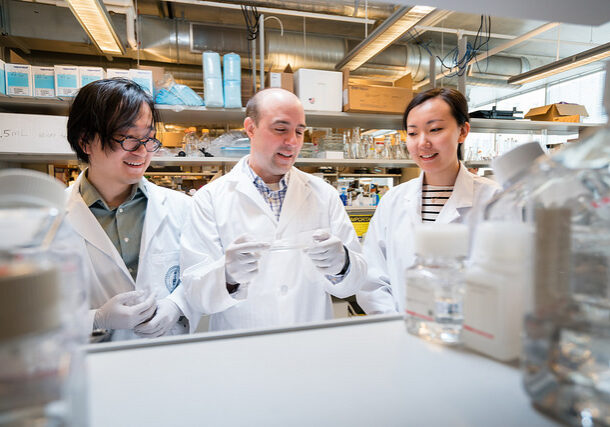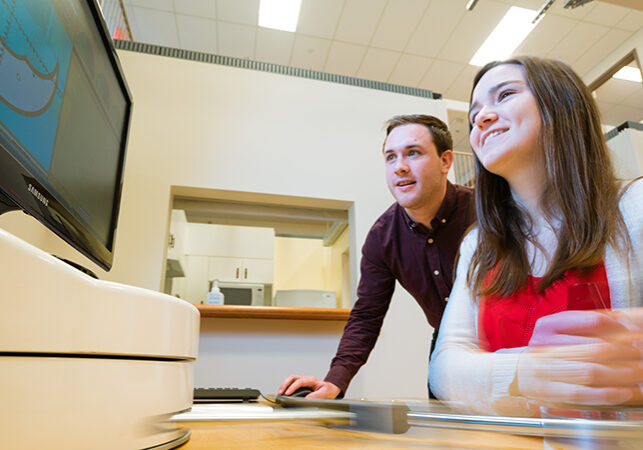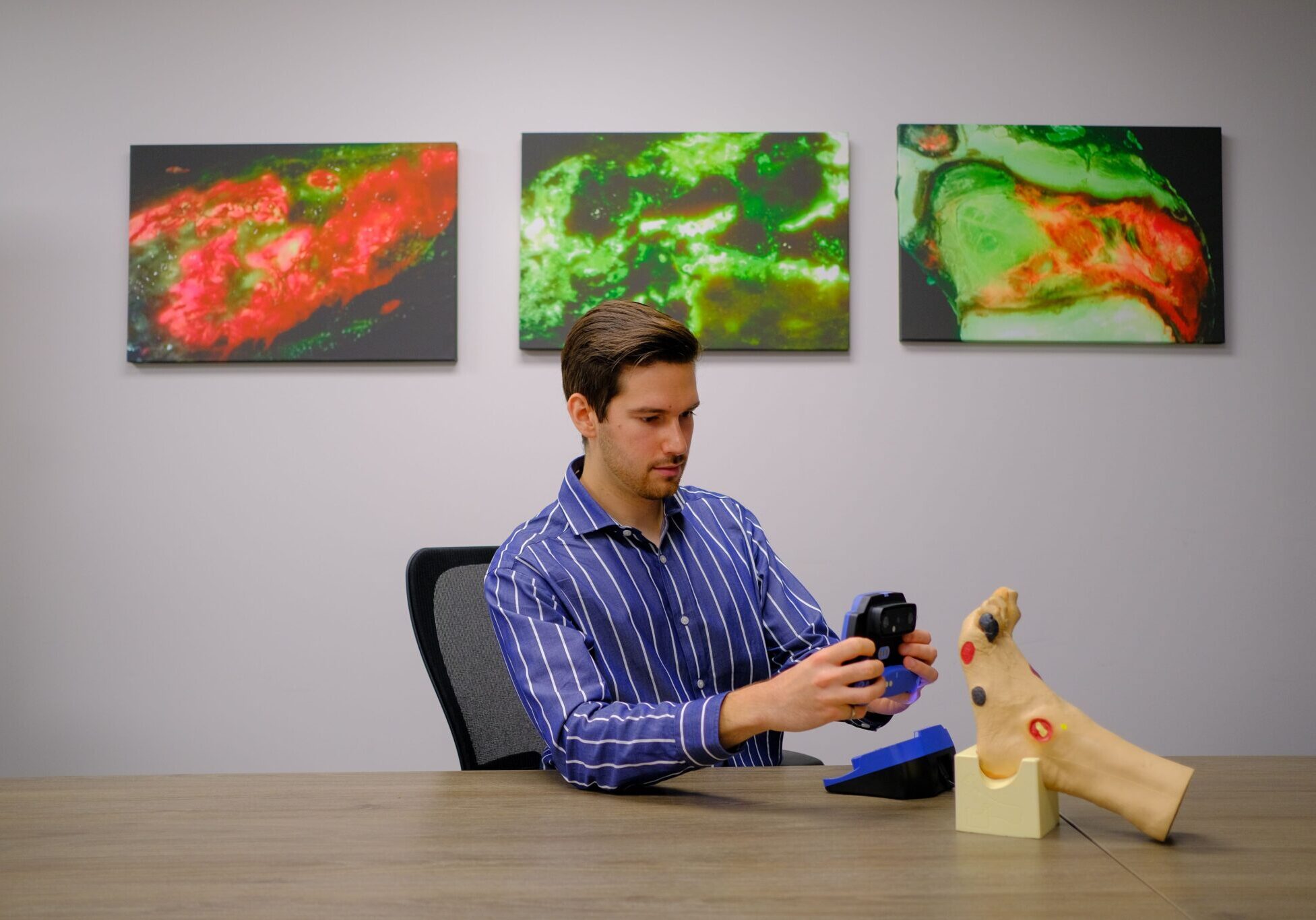Programs Overview
Overview
Are you a prospective student? Here at the Institute of Biomedical Engineering (BME), we connect researchers across the University of Toronto and its partner hospitals to develop innovative solutions to improve human health.
At the Institute of Biomedical Engineering (BME), we have 3 graduate programs and 2 undergraduate programs.
Graduate programs
Doctor of Philosophy
Research degree that exposes candidates to cutting-edge research in a laboratory
Master of Applied Science
Research degree that exposes candidates to cutting-edge research in a laboratory
Master of Engineering
Professional degree that exposes candidates to biomedical device design to commercialization
Graduate programs comparison
| Stream: | Research | Professional |
|---|---|---|
| Program: | PhD / MASc | MEng |
| Focus: | Research intensive training in a laboratory or clinical setting. | Training in biomedical device design, implementation, and commercialization. |
| Career Interests: | Individuals pursuing careers in academia, healthcare, government, or industry, who have a passion for research and development. • Motivated to conduct cutting-edge research • Passionate about academic collaboration and science communication • Keen on becoming key opinion leaders with distinct research specialization | Individuals interested in medical device production from design to implementation in human patients. • Seeking product design knowledge • Interested in learning entrepreneurship fundamentals • Eagar to gain real-world experience in the healthcare sector |
| Degree(s) Required: | Bachelor of Science, Bachelor of Engineering, Master of Applied Science (for PhD only), or Master of Engineering (PhD only). | Bachelor of Engineering or Bachelor of Science. |
| Outcome: | Program graduates excel as leaders in academia, industry, and government agencies across the globe. | Through work-integrated learning, graduates emerge as company founders, technology leaders, and start-up creators in the healthcare sector. |
| Program Length: | approx. 2 years (for MASc) or approx. 4 years (for PhD) | 1 year |
| Funding: | Unit-funded | Self-funded |
| Curricula: | • Coursework • Committee Meetings • Qualifying/Bypass Exam (for PhD) • Thesis • Defense • Final Oral Exam (for PhD) | • Coursework • Practical Experience |
Apply to graduate studies at BME
Undergraduate programs and opportunities
-
Year 1
Engineering Science (EngSci) program students learn fundamentals of different science disciplines and begin team-based design training through praxis courses.
Opportunities:
-
Year 4
Major students may focus on skill advancement and further knowledge and competencies through the completion of specialization courses, thesis, and design/capstone projects.
-
Year 1
Engineering students establish knowledge in math and applied & basic sciences.
-
Year 4
Minor students may focus on skill advancement in one of the three themes (mentioned above) toward becoming a specialist in their respective field.
Read more student news & stories
Pour, Shake and Stir
How gold particles, DNA and water have the potential to shape the future of medicine 28 February, 2013 A diagnostic “cocktail” containing a single drop of blood, a dribble of […]
Game On!
Lego prosthetics the focus of intense competition at annual CUBE Biomedical Engineering Competition February 11, 2013 Daniel Jacobs, VP BMEC (CUBE) with Erin Vollick A foosball-playing prosthetic forearm prototype – […]
Engineering Student Takes Sunnybrook Prize with Biomaterials Discovery
January 11, 2013 | Engineering Ben Ouyang, a fourth-year Engineering Science student (Biomedical Engineering option) has been awarded first prize in the Sunnybrook Prize competition. The national research competition recognizes […]


